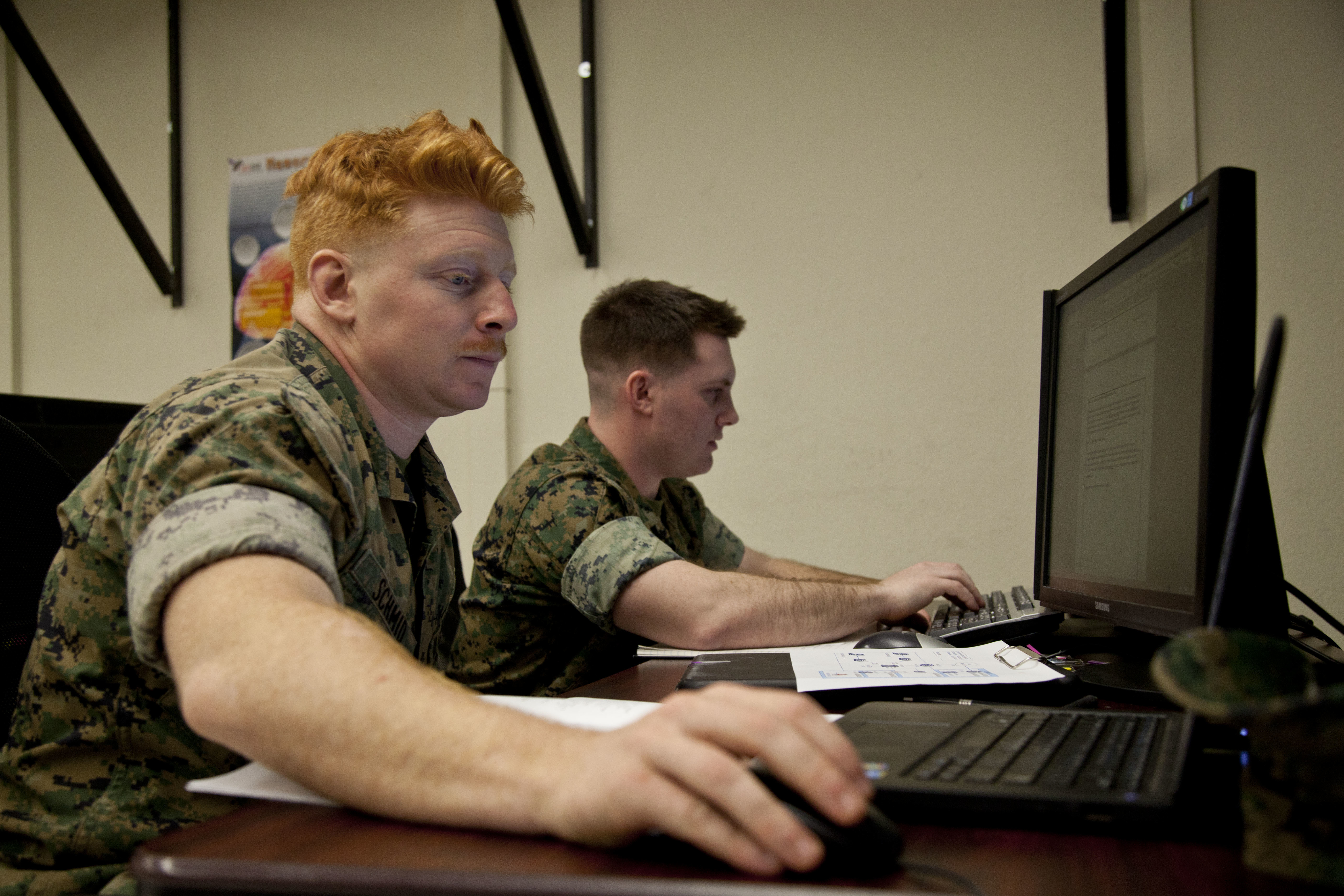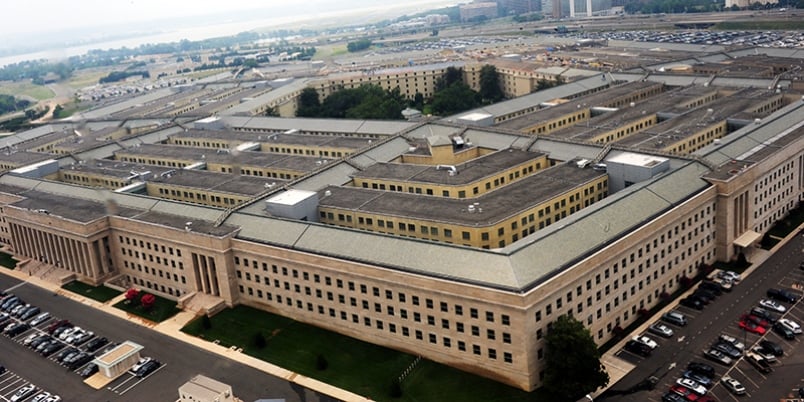
The Education for Seapower Strategy was released this week and outlines the Department of the Navy’s effort to revitalize the way it educates sailors and Marines.
The strategy is the DoN’s guide to implementing many of the organizational and functional changes proposed in the Navy’s Education for Seapower report released a year ago. The strategy seeks to align how the Navy and Marine Corps educates the force with evolving mission demands, said John Kroger, the Navy’s chief learning officer, during a media conference call on Tuesday.
“This really represents a piece of the National Defense Strategy,” Kroger said. “The NDS really called out the importance of our human capital. It said our military education systems had grown stagnant. This really represents a response to that.”
Building on the Education for Seapower study’s recommendations, the education strategy is based on three pillars: creating a continuum of learning for the entire force, integrating education into talent management, and strengthening the Naval University System.
“One of the most important commitments here is explicitly a commitment to educate our entire force,” Kroger said. “Over the years we had less of a commitment to educate everyone.”
The Navy Community College, scheduled to start enrolling the first cohort of students in early 2021, is an integral part of the strategy, Kroger said. At first, the community college will offer enlisted sailors and Marines the chance to earn college credit for nuclear, data analysis for intelligence work and cyber and information technology training they are already receiving.
Kroger is limiting the course work at first to get the system running. Eventually, he envisions offering about ten majors, all of which will provide sailors and Marines college credits they can if they want, apply to four-year degrees.
For officers, the education strategy puts a premium on both attaining advanced degrees and encouraging subordinates to continue their education, Kroger said. Ultimately, he envisions scenarios where during FitReps, officers both expand on their education and what they have done to help their people advance their education.
“In order to have a deeper commitment to education, we need to align career ambition and educational opportunity,” Kroger said. “We need to incentivize people to pursue education. We need to incentivize them to support their enlisted folks who want to pursue that education. And need to give them the opportunities. And frankly, we haven’t always been able to give as many opportunities to everyone across the force.”
The need for education is stark, Kroger said. Just using information technology as an example, he said in contemporary warfare, the military must stand-up, maintain and defend networks from cyber-attack. Too many weapons systems rely on IT to not perform such an essential and critical task.
“And we can’t do that unless we have a deeply, deeply educated IT force,” Kroger said. “So, through the community college, we’ll be able to send thousands of sailors and Marines to get basic IT and cyber training with certifications from industry partners.”





